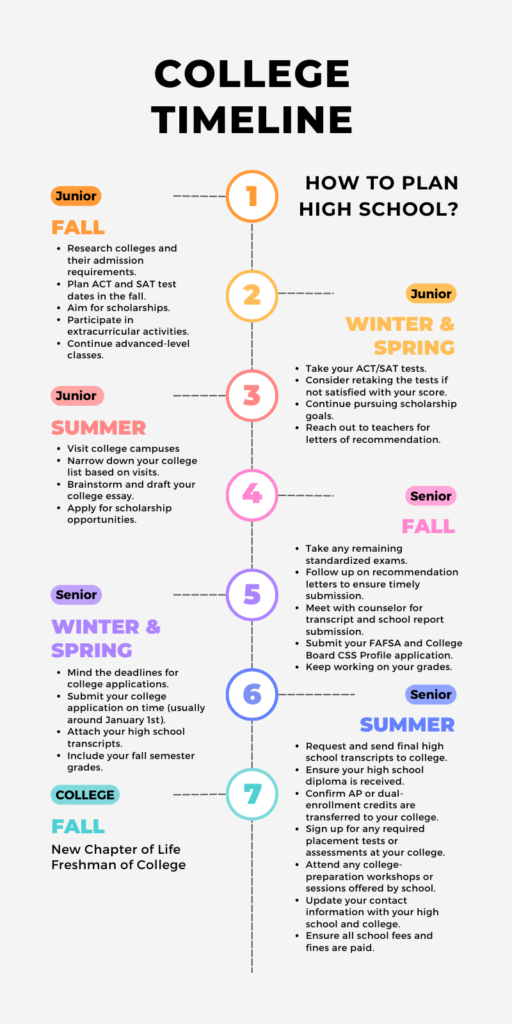Many high school students have asked the question: can you apply to college as a junior? The short answer is YES!
Depending on the high school you’re attending, they may be either more or less supportive of the idea, but from a purely formal standpoint, there are no technical limitations that would prevent you from going forward with your college application as an 11th grader, or a Junior.
In today’s post, we’re going to take a deep dive into what you need to know to make the transition easier, as well as look at the benefits of applying to college as a junior. We will also give you a concrete timetable that will make things easier to plan in advance. In the end, we’ll answer some of the most common questions people have been asking us about this concept.
Now let’s get to it!
Why should I apply to college as a junior?
There are several benefits to applying to college as a junior:
- Progress towards your dreams faster: Not only do you get to study what you actually care about, you also get to do it in an environment where you’re bound to meet plenty of like-minded people.
- Move to a new environment: This could be to escape from a toxic environment at home or perhaps finally put an end to being the target of bullies in your class.
- Fast-track your academic career: Progressing one year early also means setting yourself up for graduation one year early, which could lead to employment in your desired industry earlier than what is usually expected.
- Start preparing for standardized tests like SAT or ACT faster than your peers: This lets you focus your priorities on what truly counts to get ahead in your academic career.
Applying to college as a junior – what are the required qualifications?
Whether you’re trying to apply to college following a regular schedule or as a junior, there are certain expected qualifications to keep in mind.
A high school diploma (but not always)
Many colleges will require you to present a high school diploma, GED, or another form of proof of having completed your high school studies, but that is not always the case. Therefore, you will need to do your research for your applying colleges to find out what you’re up against and pick the kind of battles you can win. For instance, there are colleges that only require a certain number of core classes, while other colleges will take a look at the number of credits you’ve received.
Long story short, each case is different, and you will need to determine whether you fulfill the requirements of your chosen college. However, even if your desired college requires a high school diploma, there are programs such as Novel Prep’s U.S. High School Diploma Program that let you nail those exact requirements.
Fact: Most US colleges don’t specify being a senior as a requirement to apply
If you’re applying in the US, we have some good news for you! Most American colleges do in fact give you the option to apply as a junior, meaning it’s a standardized procedure for those who choose to undergo this path.
A recommendation from your teacher (optional)
Technically speaking, you are not required to get your high school teacher’s approval, but having their support will certainly make things easier for you. A recommendation letter certainly opens more doors that it closes, but the challenge may be to get them to write you one. In other words, they may be more confident in recommending a senior-year student, whereas a junior still has much to prove in their academic journey.
This is where Novel Prep‘s Online High School Diploma Program helps. Whether tutoring for your high school study or a competitive recommendation letter, you could no doubt get easier with a tutoring center instead of your traditional high school teachers since you get what you pay for.
A strong application (a must)
Keep in mind that colleges need to be selective regarding who they take on, so you will need to make extra sure that your application stands out among the other applicants, most of whom will be high school seniors.
Not only will they consider your grades, but your honors and extracurricular achievements as well. With this in mind, a good strategy is trying to aim for a less competitive college and strengthen your competitiveness via attending credit courses like AP, AP Capstone and Dual Credit Courses, then transferring to your desired college later.
How do I get ready to apply to college as a junior?
Case in point, you will need to get proactive if your goal is to apply to college as a junior.
Prepare ahead of time for standardized testing
Since you’re applying ahead of tine, you will need to focus your energy and attention on acing that standardized testing. The best course of action is to start your SAT or ACT prep as soon as possible. The good news is, that even if you score lower than desired during spring, you can still retake that test during fall.
Take advanced classes and excel in them
Getting into a competitive university is not an easy task, since you’ll be up against other applicants and what they bring to the table. What they want to see is results that serve as a way to prove that you’re cut out to stand on your own in a demanding academic environment.
By attending tutoring services with expert tutors from a tutoring institution, under the personalized tutoring plan, excelling in your competitors comes just easier!
Participate in extracurricular activities
Understandably, you might not have a whole lot of time to devote to these, but you’re going to have to do your best. It’s better to pick a few and really put in your absolute maximum devotion rather than being all over the place.
After all, that’s the kind of applicants that colleges generally want to see.
Take college level courses
Did you know there is a way to earn credit points both for high school and college at the same time? Take a look at Dual Credit courses that let you do that.
There’s also the AP Capstone program that lets you earn an extra certificate that will look good on your college application. Working with a reliable and expert tutoring center like Novel Prep is a great way to participate in these even if your local school doesn’t offer them, not to mention that they’re flexible regarding your schedule whether it’s on-site or online.
Develop a passion program
Colleges want to see curious and motivated researchers and it’s your task to demonstrate that you’re the kind of person they’re looking for. You can participate in a literary magazine or take part in AP Capstone’s 1-year scientific research project that lets you pick a topic that aligns with your interests. This will show the university admission officials that you’re willing and eager to learn even outside the confines of the classroom.
Start a student club
This shows the college admission officials that you have the leadership skills necessary to gather your fellow students with the intention of discussing various interesting topics. It may be something as trivial as your favorite bands and still count.
Draft your college essay
Throughout your academic journey, you will need to write a whole lot of essays, so you’d better get used to it. Not only does this require you to demonstrate your writing skills, you will also need to master the concept of presenting an argument in an objective manner and back up your claims with solid evidence. The earlier you start working on your college essay, the sooner you will start to brush up on those essential academic skills.
Get an internship
If you want to get some professional skills, there’s no better way to get them than to get an internship or a part-time job. It will look great on your college application. Plus, it demonstrates your initiative to take matters into your own hands and carve out your own financial future.
Raise your GPA
Very few high school students naturally excel at every subject, so you will need to do all you can to raise your GPA score. Consider taking an AP course – most participants have managed to raise their GPA score that way due to the flexible learning and in-person support benefits these courses offer.
After completing the AP course, you’ll even be able to attend a personalized AP test prep program to guarantee your outstanding final score for all your efforts!
In fact, 92% of the participants report getting an A grade in Novel Prep’s courses.
The timeline of applying to college as a junior
Now that you know what you need to do if you want to apply to college as a junior, it’s important to start developing an actionable plan on how to do it. We will be breaking it down into every season of the year in chronological order:

Fall (junior year)
Start your journey by researching colleges that interest you while also paying attention to their admission requirements (it’s a good idea to make a separate list for the two). Fall is when you should plan out your ACT and SAT test dates (most students take the first exam during spring). Start aiming for a scholarship and see if you can get a couple of extracurricular activities under your belt. Keep working on your advanced-level classes.
Winter and spring (junior year)
This is the time to take your ACT or SAT tests. If you’re not satisfied with your score, consider taking them a second time. At the same time, keep pursuing that scholarship goal. Try to find an extracurricular activity that is ideally in some way related to the college you’re trying to apply to. Finally, reach out to your teachers in an effort to secure a letter of recommendation. Keep in mind that some convincing might be necessary to bolster your chances (do not be modest with your accomplishments if asked).
Summer (junior year)
This is the time to visit the college campuses to gauge how well you’d fit in if admitted. This will help you narrow them down and prepare the final list. The next step depends on how satisfied you are with your standardized test results. If your score could use an improvement, it’s time to get ready to retake the test during fall. But don’t forget to brainstorm for your college essay and work on your draft as well as work on applying for your scholarship opportunities.
Fall (senior year)
Double-check to see if you’ve familiarized yourself with all the college requirements. If there are any standardized exams you still need to take, now’s the time to do so. Continue visiting the college campuses if your schedule allows for it. Follow up on your recommendation letters and make sure they’re submitted on time. Don’t forget to see your high school guidance counselor as they need to certify your transcript and submit a school report. Submit your FAFSA and College Board CSS Profile application. But most importantly of all, keep working on your grades – at the end of the day, this is what matters most.
Winter and spring (senior year)
This is where it gets serious, so mind the deadlines and please make sure to submit your college application on time. In most cases, the deadline is either on the 1st of January or somewhere close (it depends on the college). Don’t forget to attach your high school transcripts and your fall semester grades.
Conclusion
If you believe you have what it takes to supercharge your academic career, then go for it!
However, please be advised that the college of your choice will likely want to know the reason why you’re applying early, so have one ready to pull out on demand. As long as you’ve met all the requirements, this might be all they need to know.
Even in the worst case scenario, you’ll simply get rejected, but are free to apply next year, so there is NO risk in trying. Remember that there is no need to go through all of this on your own. Novel Prep can help you get on your way to your academic goals whilst providing all the training you need to become a success and attend the university of your dreams.
FAQs
What is the definition of junior year?
11th grade. Most students are between 16 and 17 years of age at the time. This is the time when you’ll be preparing for your standardized tests.
Can you apply to college as a junior?
Yes! In fact, the majority of US colleges do not formally require you to have a high school diploma (however, this depends on a case-per-case basis).
What are the steps I’ll need to take?
Start researching and make a list of universities you’d like to attend. Make sure to ace those standardized tests and try to secure a recommendation letter from your teachers.
What can I do to increase the appeal of my application?
Try getting an internship, a part time job, or even start a student club. In essence, undertake any and all activities that demonstrate your positive character and a commitment to broadening your horizons even outside of the regular high school curriculum.



